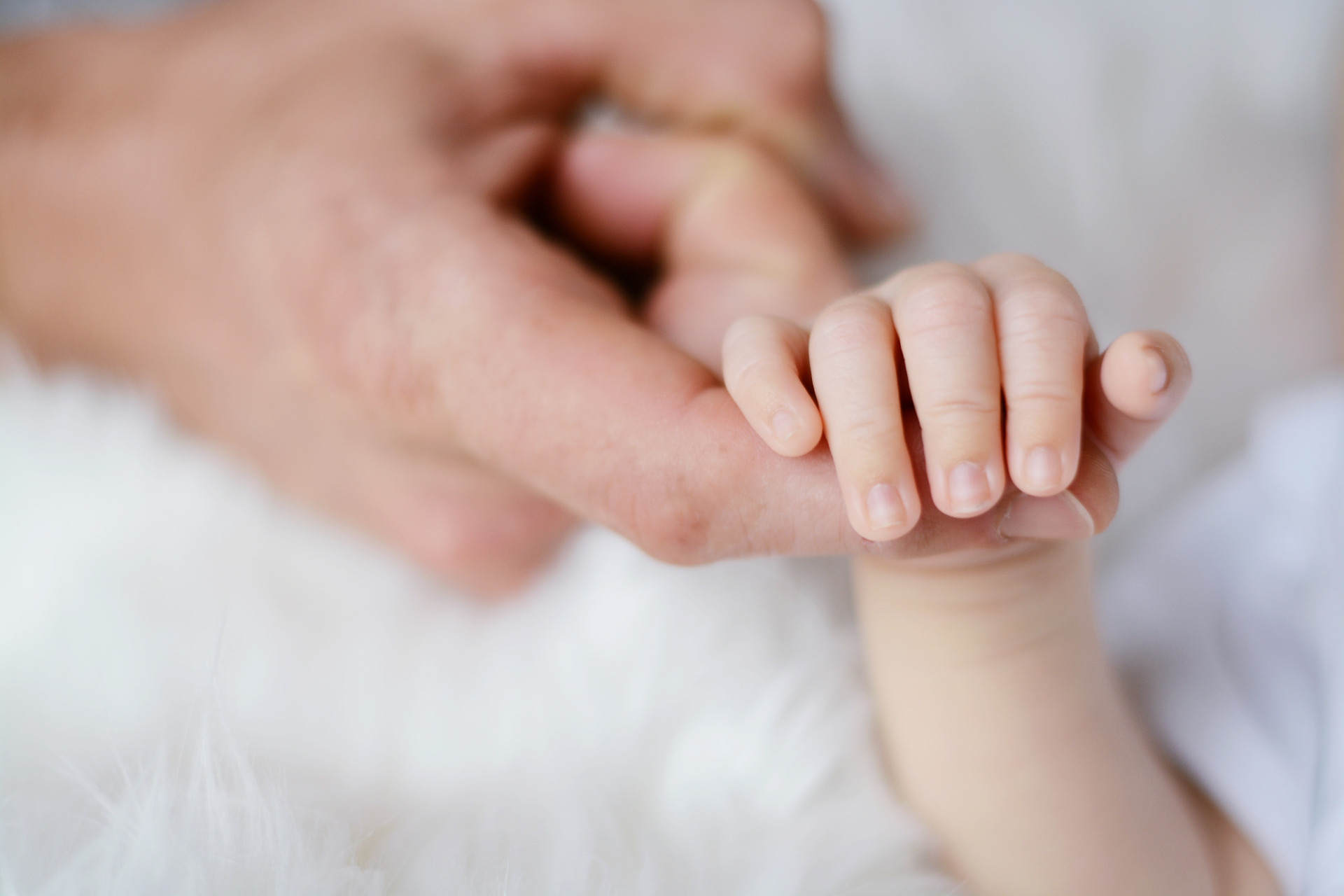Debugging human genetic code: Pros and Cons of CRISPR/Cas9 gene editing
"How could you, mom!" screams Gina at the top of her lungs, "How could you have enhanced my intelligence and completely left out social skills? How am I supposed to make friends? Everyone in school has it!"
"Look, Gina, I only wanted the best for you, besides, you can make friends just by being yourself," says Gina's exhausted mother. Gina shakes her head, outraged at this foreign idea, her curly blond hair bouncing up and down. Her wide purple eyes start tearing up.
"And I hate my body! Why in the world would you think that long legs and big breasts were a good idea? No one likes this abomination of a figure anymore!"
Gina's mother is at loss of words. She knows what her daughter is feeling, she too, very much hated her straight jet black hair and painfully ordinary green eyes. She just hoped her daughter would never have to go through this.
Imagine having this fight with your parents - being salty because they made all the wrong choices in designing you. Thankfully, you can correct everything - eyes, nose, curves, hair, moodiness. If only you had the money because genetic modification is so pricy these days.
***
Believe it or not, this sketch might be a reality for two Chinese girls born earlier this year. What is so special about them? They are genetically modified.
November 28th, 2018 is a remarkable day in the history of humanity. On that day, Chinese scientist He Jiankui announced his success in modifying a gene responsible for HIV resistance in two girls at an embryonic stage. What came next was havoc in the scientific community. Emotions ranged from shaking heads to pure outrage. No matter how groundbreaking, what He Jiankui did was unethical and straight-up illegal. Operating CRISPR/Cas9 system like scissors, he cut the human genome and modified it.
So what is this CRISPR/Cas9 tool? To put it simply, it is a natural system used by bacteria to protect themselves against viruses. Several proteins, working together, can pinpoint the exact gene and cut it out. Studied by two brilliant women, Jennifer Doudna and Emmanuelle Charpentier, this natural system quickly turned into an invaluable tool for molecular biology.
CRISPR/Cas9 has been a life (or time and money)-savior for biologists. Having this card up the sleeve allowed all kinds of new researches to emerge - from studying what deleting certain genes in bacteria can do to developing a treatment called gene therapy for people suffering from inherited diseases. But, as innovation is an inevitable but a risky path, with new opportunities came new problems.
Now, let's close our eyes (metaphorically, as I need to write and you need to read to stay with me) and take a toll into the future. Ready? 3-2-1
"Humans are rushing about their daily tasks. The day is at its peak. There are certainly more people on the street than what we are used to, but it's hard to call them a crowd - everyone is distinguishable. Some are very tall, others have purple eyes, one man's hair is dragging behind him in a graceful veil. People are smiling - happy. No worry in the eyes, no depressed stares, no pain-torn faces - this improved society is healthy, happy and beautiful. They don't know words like cystic fibrosis, thalassemia or diabetes. Word cancer sometimes rings a bell but few remember its meaning."
And we are back to reality, dreams cannot last forever after all. I don't know about you, but I feel dizzy living in a world that is speeding towards this utopia. The argument "But we are disconnecting from nature" does not work anymore. Our species have already disconnected from nature, learned to change the unchangeable. Learning to alter the human genome would mean not being hardwired anymore. We could finally acquire control of ourselves - from looks to emotions and habits. We could restructure society, eradicate aggression, greed, mental health issues, love, lust, happiness, pain. Human nature, as we know it, could be reshaped, bringing us closer to intangible perfection. But nothing is so simple.
Targeting genes gives rise to both technical and ethical problems. Firstly, no matter how specific, nature does not play darts, so targeting is far from perfect. The results are off-target effects - other genes or grey areas of the human genome, accidentally deleted. Imagine writing an essay with a burning deadline on a rigged computer. You highlight a word, intending to delete it. Suddenly, 20 other words from random places are cropped out. The undo button does not work.
Secondly, there is a great distinction between editing the gene of a normal cell and a sex cell, like sperm or an oocyte, since they pass their information further on. The latter is called germline editing and is accepted as unacceptable as of right now. Why? Simply, because scientists don't want their mumbo-jumbo of research to be passed to future generations in any form other than a successful publication.
But the most important type of editing and the one that has already been conducted in China, is editing of embryos. One huge but rarely spoken problem with that is mosaicisms. Widely found in animals, mosaicism is a phenomenon where not all the cells get exactly the same genetic code. If the editing is done in the embryo and not in germ cells (sperm and oocyte) some cells might end up being edited and others not. This is simply unpredictable, random and weird.
But enough with the science, let's get back to our poor Gina and her mother, that, although with best intentions, modified her baby to her taste. Gina, like any normal teenager, is sick of her parents imposing their views on her. Not only does she have to clean her room and come home by 9 PM, but also she looks like they wanted her to look sixteen years ago. Her skillset was also predetermined, completely disregarding her current career plans - she wants to be a painter but is unspeakably good at baking. She is what her parents wished their parents made them. Her kids will be who she wants to be.
If only Gina was wealthy enough to afford to remake her genetic code in every cell of her body. But moving between social classes is almost as hard as in times of slavery. The rich can afford to change whatever they want whenever they want, always becoming smarter, more cunning and, ultimately, richer. The class gap widens with every generation. Gina does not stand a chance.
But purple eyes and long legs are not the real reason for her tantrum. She just needed to spill her emotions and anger into something. What really worries her is the uncertain times she has to live in. Even though the government is trying its best to control biological weaponry, she cannot be sure. Being able to target a gene is dangerous. Genetic code varies between sexes, races, nationalities and even individuals. If one learns to target a gene only present in a certain group of people or a person, they might end up having an equivalent of a loaded gun with a perfect aim.
But Gina is hopeful and so am I. Nowadays, the international community is actively discussing genetic editing, both pros, and cons. Regulations are being set and strictly controlled. In the meantime, scientists strive to answer open-ended questions, careful to abide by the ethical rules. With the fate of humanity in our hands, we need to be more careful than ever. Thus, my question of the day is:
Where will genetic engineering lead us, human being?
P.S. Change is inevitable. Let's scream at the top of our lungs during this hell of a ride while holding our breaths to see what's next

